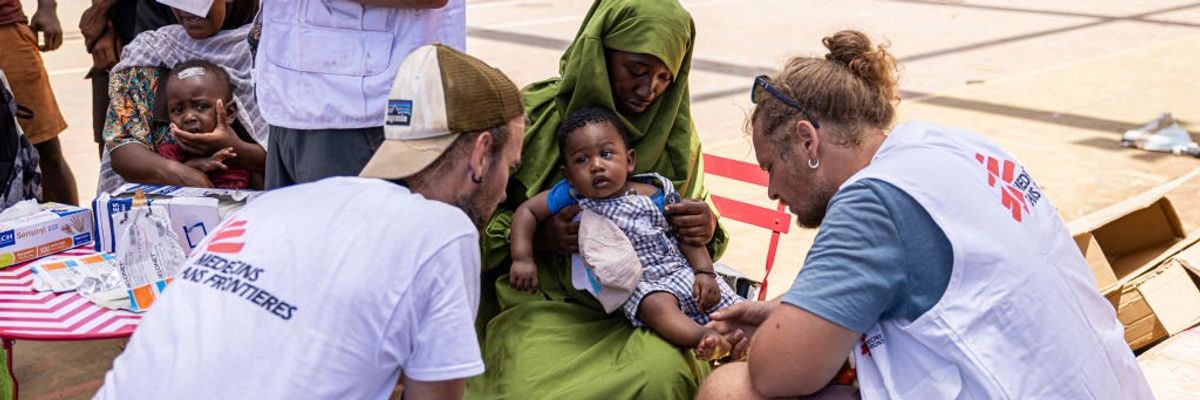In a world where excess is celebrated and sadness is rampant, the term “global health” can sound abstract, something belonging to the realm of institutions, policy briefs, or international conferences. But to those of us doing this work on the ground, global health is not a concept. It is a daily act of defiance against despair. A belief that every person, regardless of where they’re born, has the right to health, dignity, and a future worth fighting for.
That belief came alive again this week in July. During four intense and joy-filled midsummer days, our team trained over 300 students from across the Middle East and North Africa (MENA) region. They came to learn about scientific writing, oral presentation, and mentorship—but what they left with was something even more powerful: a sense of being seen, supported, and valued. We had participants from places fractured by conflict and chronic instability. Students who have lived through wars, economic collapse, and deep personal loss. Yet they showed up with open hearts, brilliant minds, and an eagerness to learn and contribute. In their eyes, I saw hope—not the passive kind, but the determined kind that refuses to give up. I’ve never been on stage as a rock star, but for those few days, the energy in the room made me feel like Bono. Not because of me, but because of them. Their hunger for knowledge and connection was electric. Their gratitude, humbling. It was a reminder that teaching and creation—not destruction—should be the rule of the world.
This is what global health looks like: not just vaccines and data, but relationships. Empowerment. Investing in the minds and futures of those too often left out of the global conversation. For years, our team has worked to train and mentor young scientists across the MENA region, building bridges between disciplines, cultures, and countries. Our goal is simple: to ensure that science and health are tools for peace, not privilege. To counter the politics of division with the ethics of care. The disparities in global health are not just about disease, they are about access, voice, and visibility. Who gets to do research? Who gets published? Who gets mentored? Who gets to ask questions, and who is allowed to answer? When I look at our students, brilliant, resilient, determined, I see the future of medicine, science, and advocacy.
I see young people who are not just waiting for opportunity but are ready to build it. And I wonder: in a time when bombs fall more often than grants are awarded, when fear outpaces funding, and when youth are too often dismissed or displaced; what if we chose to invest in training instead of tanks? What if we prioritized creation over conquest? That is the essence of global health. Not charity, not rescue—but partnership. A shared belief that the most sustainable change happens not when we speak for others, but when we help them speak for themselves.
In four days this July, I witnessed that change begin, student by student, story by story. It felt like midsummer magic. But really, it was just what happens when we finally give people the tools they’ve been waiting for all along.




